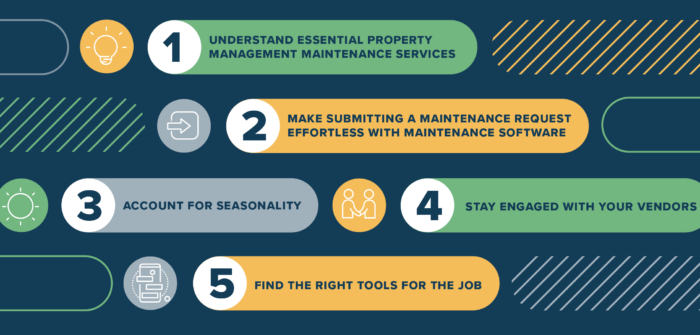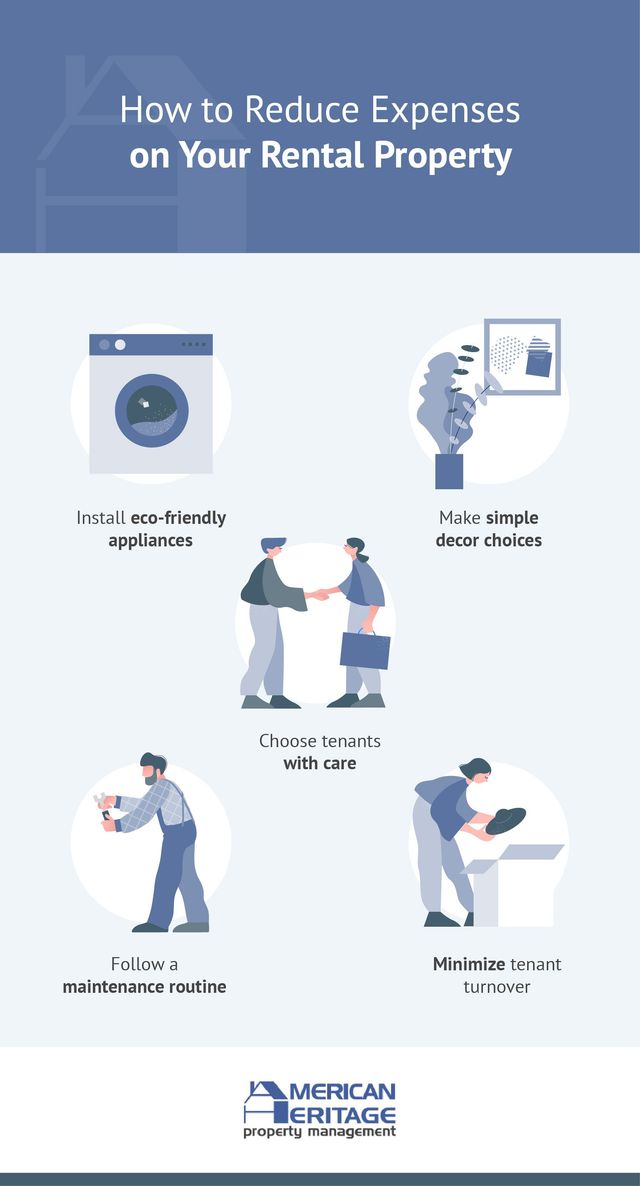Discover the secrets to successful rental management with our top 5 tips that will streamline your property management process.

Image courtesy of Andrea Piacquadio via Pexels
Table of Contents
- Introduction to Rental Management
- Tip 1: Understanding Your Tenants
- Tip: Regular Property Maintenance
- Effective Financial Management
- Utilizing Technology
- Staying Informed and Compliant
- Best Practices in Communication
- Remaining Adaptable and Proactive
- Bringing it All Together
- Frequently Asked Questions (FAQs)
Introduction to Rental Management
Managing a rental property may seem like a big task, but with the right tips and guidance, it can be a smooth and rewarding experience for landlords. In this article, we will explore how to manage a rental property effectively and provide valuable landlord advice to help you become a successful property manager.
What is Rental Management?
rental management involves overseeing a property that is rented out to tenants. It includes tasks such as finding and screening tenants, collecting rent, maintaining the property, and handling any issues that may arise during the lease period. Being a good rental manager means ensuring that both the landlord and the tenants are satisfied with the rental experience.
Why Efficiency Matters
Efficient rental management is crucial for maintaining a positive relationship with tenants and maximizing financial gains for the landlord. When landlords manage their properties effectively, tenants are more likely to stay longer, pay rent on time, and take better care of the rental unit. This, in turn, can lead to fewer vacancies, lower turnover costs, and higher overall profitability.
Tip 1: Understanding Your Tenants
Effective rental strategies involve not only managing the property but also building strong relationships with your tenants. By understanding your tenants’ needs and concerns, you can create a positive and conducive living environment for them.
One way to build a good relationship with your tenants is by establishing open communication. Encourage them to reach out to you with any issues or questions they may have. By being approachable and responsive, you can show them that their well-being is a priority for you.
Another important aspect of relationship-building is understanding your tenants’ perspective. Put yourself in their shoes and consider their lifestyle and preferences. This can help you make informed decisions about the property that align with their needs.
By nurturing positive relationships with your tenants, you can foster a sense of trust and loyalty. Happy tenants are more likely to stay longer, take better care of the property, and ultimately contribute to a successful rental management experience.
Tip: Regular Property Maintenance
Ensuring proper upkeep of your rental property is crucial for keeping both your tenants happy and your investment in top condition. Regular property maintenance not only prevents costly repairs down the line but also shows your tenants that you care about their well-being and comfort.

Image courtesy of via Google Images
Creating a Maintenance Schedule
One of the best practices in property management is establishing a maintenance schedule for your rental property. This schedule should include regular inspections of all key components such as the plumbing, electrical systems, heating and cooling systems, and the structure of the building.
By setting up a routine check-up plan, you can catch any potential issues early on before they turn into major problems. This proactive approach can save you time, money, and stress in the long run. It also helps in maintaining the property’s value and keeps your tenants satisfied with their living conditions.
Effective Financial Management
When it comes to managing a rental property, one of the key aspects that landlords need to pay close attention to is effective financial management. This involves handling the monetary elements of renting out a property in a strategic and organized way. By understanding how to optimize rental income and manage expenses efficiently, landlords can ensure that their investment is profitable and sustainable over time.
Optimizing Rental Income
Setting the right rent price for your property is crucial. It’s important to strike a balance between maximizing your income and attracting reliable tenants. Conducting market research to understand rental rates in your area can help you determine a competitive price point that aligns with the property’s value and amenities.
Streamlining rent collection processes is another essential aspect of financial management. Implementing online payment options can make it easier for tenants to pay rent on time, reducing the risk of late payments. Utilizing technology tools like property management software can automate rent collection, send reminders to tenants, and track payment histories, making the process more efficient for both landlords and tenants.
Utilizing Technology
Technology has made managing rental properties a whole lot easier. property management software is a valuable tool that can streamline various tasks for property managers. With just a few clicks, you can keep track of rent payments, maintenance requests, and even communicate with your tenants efficiently. This software helps you stay organized and saves you time that you can dedicate to other aspects of managing your property.

Image courtesy of via Google Images
Staying Informed and Compliant
As a property manager, it’s crucial to stay up-to-date with the laws and regulations that govern rental properties. By doing so, you can avoid legal troubles and ensure a fair and safe environment for your tenants. Let’s dive into why understanding rental laws is essential.
Understanding Rental Laws
Rental laws are rules set by the government to protect both landlords and tenants. These laws cover various aspects of renting a property, such as lease agreements, security deposits, eviction procedures, and fair housing practices. By familiarizing yourself with these laws, you can ensure that you are operating within the legal boundaries and avoid any conflicts with your tenants.
| Tip Number | Tip |
|---|---|
| 1 | Regularly maintain rental properties to prevent costly repairs. |
| 2 | Screen tenants thoroughly to minimize risks of late payments or property damage. |
| 3 | Keep detailed records of income and expenses for tax purposes and financial planning. |
| 4 | Communicate effectively with tenants to address issues promptly and maintain a positive relationship. |
| 5 | Stay informed about local rental laws and regulations to avoid legal issues and protect your investment. |
For example, rental laws dictate the maximum amount of security deposit a landlord can collect and the procedures that must be followed when evicting a tenant. By knowing and following these laws, you can protect yourself from potential disputes and legal issues.
Additionally, rental laws are constantly evolving, with new regulations being introduced regularly. It’s essential to stay informed about any changes to the laws that may affect your rental property. This could involve attending seminars, joining landlord associations, or consulting with legal professionals specializing in real estate law. By staying informed and compliant, you can ensure that your property management practices align with the current legal standards.
Best Practices in Communication
Clear and professional communication is key to successful rental management. By maintaining open lines of communication, landlords can address issues swiftly and maintain a positive relationship with tenants.

Image courtesy of via Google Images
Being Responsive to Tenant Needs
One of the most important aspects of communication in rental management is being responsive to tenant needs. When tenants reach out with requests or concerns, it’s crucial to acknowledge them promptly. By showing tenants that their feedback is valued and acting quickly to address any issues, landlords can foster a strong sense of trust and respect.
Remaining Adaptable and Proactive
Managing a rental property comes with its fair share of challenges, from maintenance issues to unruly tenants. In order to be a successful property manager, it’s crucial to remain adaptable and proactive in your approach. Being able to anticipate problems before they arise and being prepared to tackle unexpected challenges is key to efficient rental management.
Planning for the Unexpected
One of the best ways to handle unforeseen situations is to have contingency plans in place. For example, if a tenant suddenly breaks their lease agreement and vacates the property, knowing how to quickly find a new tenant can prevent financial losses. It’s also important to have a network of reliable contractors and service providers that you can call on in emergencies, such as a burst pipe or electrical malfunction.
Additionally, staying informed about the latest trends in the real estate market and understanding how external factors like economic changes or new regulations can impact your rental property can help you stay ahead of the game. By constantly learning and adapting to new information, you can make strategic decisions that benefit both you and your tenants.
Bringing it All Together
In the world of rental management, there are key strategies and best practices that can help landlords effectively handle their properties. By understanding the tips provided in this article and implementing them in your management approach, you can improve tenant satisfaction, boost your financial outcomes, and ensure smooth operations. Let’s review the top-five tips and see how they work together to create a successful rental management strategy.

Image courtesy of via Google Images
Review of Key Tips
Tip 1: Understanding Your Tenants – Building positive relationships with your tenants is crucial. By fostering open communication and understanding their needs, you can create a harmonious living environment and reduce conflicts.
Tip 2: Regular Property Maintenance – Keeping your property well-maintained not only prevents costly repairs but also ensures a safe and attractive living space for your tenants. Establishing a maintenance schedule will help you stay on top of necessary tasks.
Tip 3: Effective Financial Management – Optimizing your rental income and managing expenses efficiently are essential for the financial health of your rental property. By setting the right rent price and streamlining rent collection, you can maximize your profits.
Tip 4: Utilizing Technology – Property management software can streamline your tasks and simplify the overall management process. By leveraging technology tools, you can save time and improve your efficiency.
Tip 5: Staying Informed and Compliant – Understanding rental laws and regulations is crucial to avoid legal issues and create a fair rental environment. By staying informed and compliant, you can protect both your tenants and your investment.
By combining these tips and incorporating them into your rental management strategy, you can become a more effective landlord and create a positive experience for both you and your tenants. Remember, efficient rental management is a continuous learning process, so stay proactive, adaptable, and always strive to improve your practices.
Frequently Asked Questions (FAQs)
What If My Tenant Breaks a Rule?
If your tenant breaks a rule outlined in the lease agreement, it is essential to address the issue promptly and professionally. Start by reviewing the specific rule that was violated and gather any evidence or documentation related to the incident. Then, communicate with the tenant calmly and clearly about the violation, discussing potential consequences or steps to rectify the situation. Depending on the severity of the offense, you may need to issue a warning, implement fines, or, in extreme cases, start the eviction process. Remember to always follow the legal procedures outlined in your local rental laws and consult with a legal professional if needed.
How Do I Set The Right Rent Price?
Setting the right rent price for your rental property is crucial to attract quality tenants while ensuring your income remains competitive. To determine the appropriate rent amount, consider factors such as the location of the property, nearby amenities, current market trends, and the condition of the rental unit. Research similar properties in the area to see what they are charging for rent, and adjust your price accordingly based on the unique features of your property. It may also be helpful to consult with a real estate agent or property management expert for professional advice on pricing your rental property.
Idaho Poperty Management
